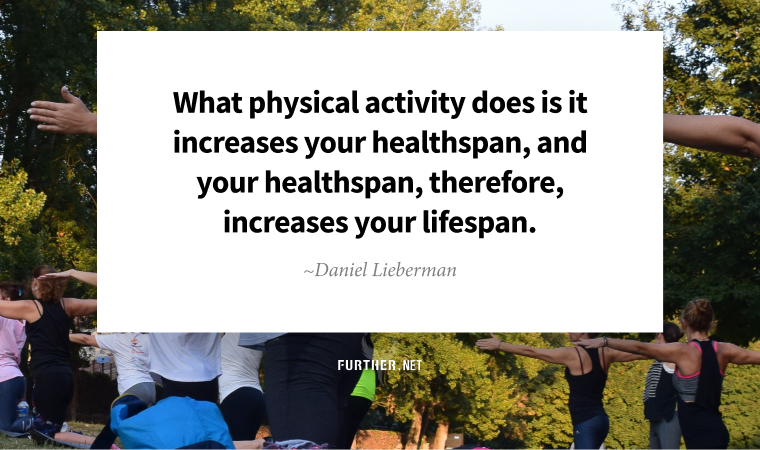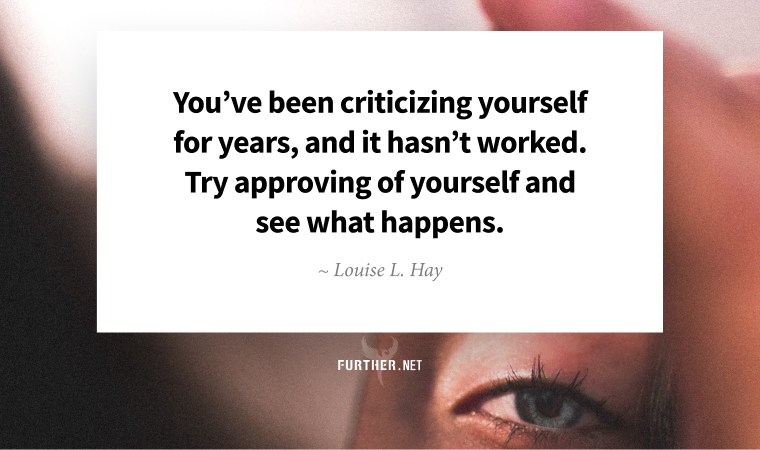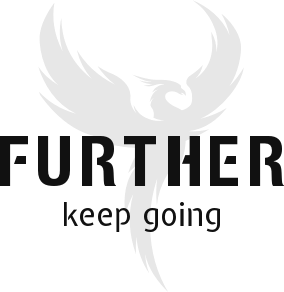No Pain, All Gain 
Only 20% of Americans are getting the bare minimum amount of exercise. That's 150 minutes a week, or five 30-minute walks. It's not that people don't want to get enough exercise. It's that our intentions fail in the face of a fitness culture that is largely unappealing to most people. The message is seemingly all about physical sacrifice bordering on torture. We hear "feel the burn," "no pain, no gain," and "make your muscles cry" all in the name of some unattainable ideal appearance. This is how fitness is marketed. And you're told that you must adopt that mindset of extreme sacrifice to attain success. But that mindset is an exercise myth. If we consider why medical professionals prescribe exercise in the first place — so that you can be happy and healthy today while thriving well into old age — there's no reason it shouldn't be an enjoyable, fulfilling, and welcomed part of our day. The truth is, we stick with exercise when it makes us feel good. Research shows that we even enjoy increasing the intensity, but only up to a certain point. And while you can gradually raise that point, there's no real benefit to pushing yourself beyond it until you want to. It turns out that feeling good and developing self confidence from exercise are the things that keep us showing up for more. On the other hand, preconceived intentions and a focus on external appearances are the least effective motivators for staying the course. The present data lend their support to enjoyment over struggle. Pain isn't an effective motivator, and neither are the best intentions or prospective rewards. To stick with exercise, we need to find ways to make it fun, fulfilling, and intrinsically rewarding. If you're currently in the 80% who isn't getting the bare minimum of exercise, think in terms of physical activity more than working out. You must first transition from sedentary to exercise by committing to move more. Likewise, if you're a casual jogger who wants to run a marathon, you must also gradually transition your activity level into a more rigorous training routine. With our Well + Wealthy fitness challenge, we have members who simply commit to those five 30-minute walks a week. Others decide to move beyond cardio and begin strength training. And we also have those who use the challenge to level up their existing fitness in a fun way. For example, one member used the challenge to prepare for the Sea to Summit event in Japan, a triathlon involving kayaking, biking, and hiking with an ascent up Mt. Fuji. The 2023 MOVE Fitness Challenge begins with an educational Kick Off Webinar on January 25, 2023. Then the challenge officially begins on February 1, 2023 and lasts for three months. Join us! Keep going- Brian Clark P.S. New to Further? Join us here. Stand Up, Guy To reduce the harmful health effects of sitting, take a five-minute light walk every half-hour. That's the key finding of a new study published in the journal Medicine & Science in Sports & Exercise. Sitting All Day is Terrible for Your Health – Now, a New Study Finds a Relatively Easy Way to Counteract It (The Conversation) Think Different There has been a growing cultural shift — backed by a growing body of scientific research — to recognize that exercise's true power has nothing to do with physical appearance and everything to do with improving your mental and emotional well-being. How To Reframe Your Relationship With Exercise (Romper) Arrested Development Change and uncertainty are now a given in our careers. As a result, people are re-evaluating what they want from their work. In the context of constant change, personal career development is now a must-have rather than a nice-to-have. What's Holding Back Your Career Development? (Harvard Business Review) Look Then Leap If 2023 is the year you're finally ready to quit your salaried job to become your own boss, congratulations! This is a huge step, and could result in greater happiness with your working life. But first ... Quitting Your Job To Freelance In 2023? Make Sure You Do This First (Motley Fool) A Compassionate Route to Unbreakable Self-Confidence 
By Trudi Roth Not every email headline catches my eye, but this one from "Modern Gen X Woman" sure did: I'm tired of being master of the struggle. We wielders of latchkeys take pride in our fierce independence — and worry that we'll lose our edge if we go soft. As we've aged, sandwich generation obligations have only made us more reliant on our trademark resilience to soldier on. In other words, we seldom give ourselves a break. So how do we keep going? Sheer grit and occasional surges of self-esteem when we succeed at something. Both take concerted efforts to build and maintain, though, so it's no wonder we're exhausted. Here's a novel idea: instead of beating yourself up when things are rough, have some compassion. As it turns out, that's a scientifically proven path to a more confident you. What is Self-Compassion? Self-compassion is treating yourself like you would a close friend, even when they (you) mess up. So, for example, if you're training for a race and you fall off track, instead of berating yourself and forcing yourself to push harder, you can remind yourself you care about your health, and resuming your workouts is the best way to feel better. According to psychology professor and author Dr. Kristin Neff, Ph.D., this builds greater resilience because you're spending less time spinning on your failures and more time thinking about how you can achieve your goals — even if there's discomfort in the process. Self-compassion gives you a stable source of self-competence, as opposed to a "sugar high." Plus, her research shows that because self-compassion is about caring about yourself enough not to want to see yourself suffer, you're more likely to take risks, rebound quickly from failure, and are generally more motivated and confident. Be Kind to Yourself There are several self-compassion practices you can add to your daily routine. - Get curious: When you screw up, instead of going into negative self-talk, ask yourself, "What do I need?" to identify the support or behavior shifts that will help you change and grow.
- Use self-touch: Lower your cortisol levels by touching your cheek or putting your hands on your heart. Also, rubbing your chest activates your vagus nerve to help release stress.
- Recognize when being too harsh on yourself: We tend to be our own worst critics, so when you hear the voice in your head rattling off all the ways you suck, take it as a cue to pivot away from that nastiness and instead offer yourself some kindness.
If being nice to yourself doesn't feel natural at first, don't stress. You don't have to be perfect to be compassionate — just willing to accept yourself exactly as you are. How To Practice Self-Compassion And Build A Stable Sense Of Confidence (Women's Health) further: flashback  White Zombie - More Human Than Human
Astro-Creep: 2000 , 1995 More Human Than Human: It's the slogan of the company that manufactures android replicants in Blade Runner, and an infectious example of groove metal from White Zombie. Turn it up. (YouTube)
further: sharing  Share Further with Friends and Get Access to Well + Wealthy! Share Further with friends and earn access to our new membership community: Well + Wealthy with only three referrals. Simply give them your unique referral link or use one of the sharing icons below. You have referred 0 people so far. | Thank you for sharing Further! | 

No comments:
Post a Comment